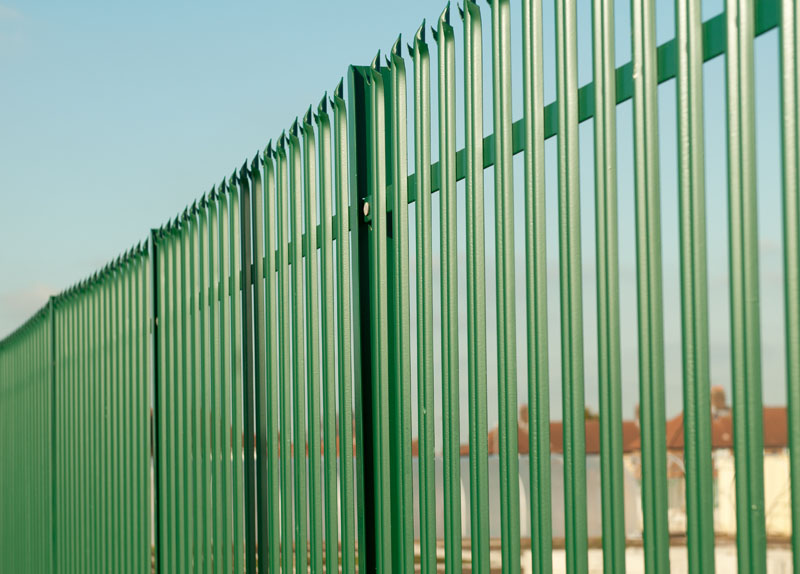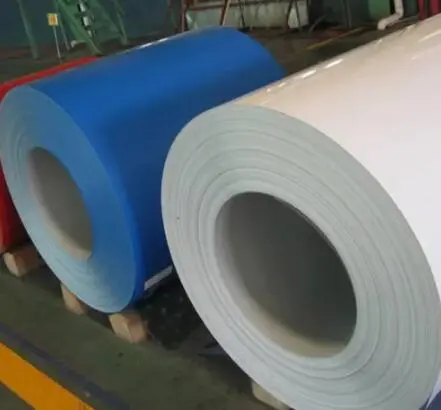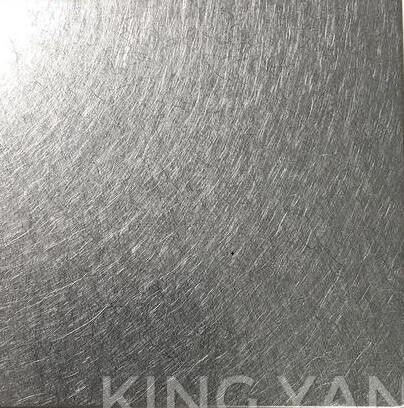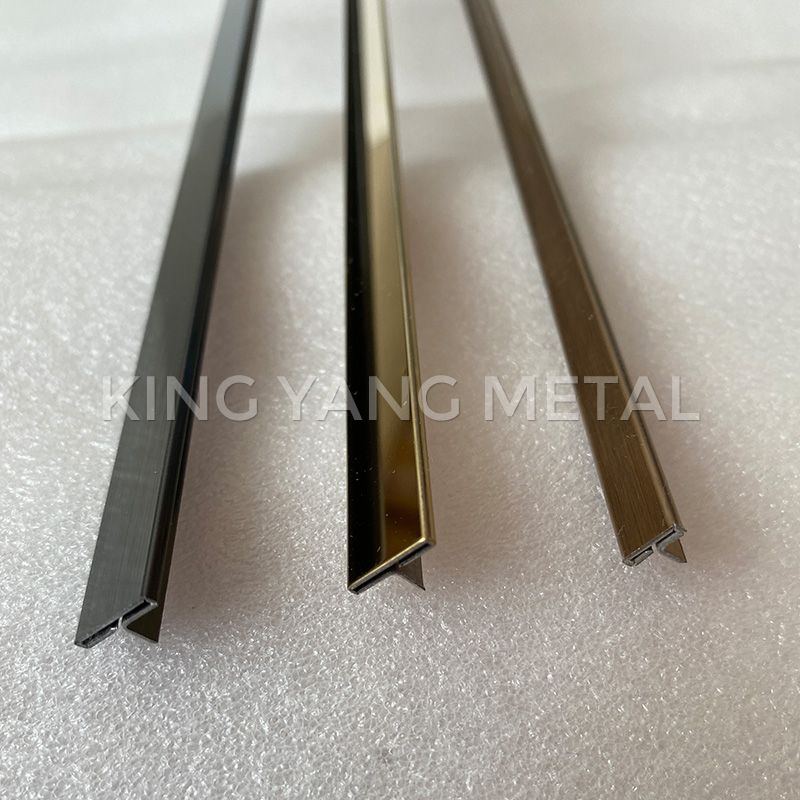Benefits and uses of perforated metal
Perforated metal is a specialized metal sheet that has undergone a unique manufacturing process to create precise and evenly spaced holes or perforations. This innovative metal sheet offers a myriad of benefits and finds versatile applications across various industries. In this article, we will delve into the advantages of perforated metal and explore its diverse uses in different sectors.
Benefits of Perforated Metal:
Customizable Hole Patterns: One of the primary advantages of perforated metal is its customizable hole patterns. Manufacturers can create perforations in various shapes, sizes, and spacing to meet specific design and functional requirements. This flexibility allows architects, engineers, and designers to achieve unique and visually appealing patterns for various applications.
Enhanced Ventilation and Airflow: Perforated metal's open area, created by the evenly spaced holes, provides excellent ventilation and airflow properties. It allows for the passage of air, light, and sound, making it ideal for applications requiring adequate ventilation or where airflow management is crucial.
Lightweight and Durable: Perforated metal sheets are lightweight yet highly durable due to their inherent structural integrity. This combination of characteristics makes them easy to handle during installation while ensuring long-lasting performance even in demanding environments.

Aesthetic Appeal and Design Versatility: Perforated metal is favored for its aesthetic appeal and design versatility. Architects and designers often use perforated metal for decorative facades, sunscreens, cladding, and interior design elements. Its ability to create visually striking patterns and textures adds a touch of elegance and uniqueness to architectural projects.
Acoustic Properties: Decorative Perforated Metal exhibits sound-absorbing properties, making it valuable for acoustic applications. It is commonly used in acoustic panels and soundproofing solutions, contributing to a quieter and more comfortable environment in buildings and public spaces.
Functional Filtering and Screening: Perforated metal acts as an efficient filtering and screening medium. Its precise perforations allow for fine particle filtration in HVAC systems, oil and gas industries, and water treatment applications. Perforated metal screens are also utilized for insect protection, security windows, and machine guards.
Versatile Uses of Perforated Metal:
Architectural Applications: In the architecture and construction industry, perforated metal finds diverse applications, such as:
a. Decorative Facades and Cladding: Perforated metal facades enhance the visual appeal of buildings and provide shading and ventilation benefits.
b. Sunscreens and Awnings: Perforated metal sunscreens control solar heat gain and provide shade while maintaining visibility.
c. Balustrades and Railings: Perforated metal adds a modern and elegant touch to balustrades and railings.
Related links:What is anti-fingerprint stainless steel?
What is a steel strand?
What is the easiest countertop to maintain?
What year did they start using fiberglass?
What is fiberglass e glass?
5 Most Popular Types of Metals & Their Uses
Key Questions to Ask When Ordering Home Countertop
Acoustic Solutions: Perforated metal is widely used in soundproofing and acoustic applications:
a. Acoustic Panels: Perforated metal panels are used in concert halls, auditoriums, and offices to reduce sound reflections and enhance acoustic quality.
b. Noise Barriers: Perforated metal noise barriers are employed along highways and industrial areas to reduce noise pollution.
Filtration and Separation: Perforated metal serves as an effective filtration medium in various industries:
a. HVAC Systems: Perforated metal filters trap dust and contaminants in heating, ventilation, and air conditioning systems.
b. Oil and Gas Industry: Perforated metal screens are used in oil and gas wells to control sand production and ensure efficient oil extraction.
Industrial and Machinery Applications: Perforated metal is employed in industrial machinery and equipment:
a. Machine Guards: Perforated metal panels act as safety guards on machinery, protecting workers from moving parts.
b. Air Compressor Enclosures: Perforated metal enclosures allow for proper airflow and cooling of air compressors.
Conclusion:
Perforated metal is a versatile and valuable material that offers numerous benefits and finds extensive use across various industries. Its customizability, ventilation properties, lightweight durability, aesthetic appeal, acoustic characteristics, and filtration capabilities make it a preferred choice for architects, designers, engineers, and manufacturers. From architectural projects to industrial applications, perforated metal continues to play a crucial role in enhancing functionality, aesthetics, and efficiency across diverse sectors, making it an indispensable material in the modern world.
Metal prices forecast to decline as supply improves
What drives metal prices?
10 Differences Between 6061 vs 7075 Aluminum Alloy
A brief history of pipes - from the Romans to today's oil and gas technology — OMS
6 Little-Known Facts About Stainless Steel
80crv2 vs. 52100 (80crv2 seems almost as good as 3v!)
The 8 Best Quartz Countertops for Upcoming Warm Trends (2024)
571
0
0
Related Articles
-
443
0
0
-
452
0
0
-
453
0
0
-
491
0
0
-
441
0
0
-
463
0
0
-
691
0
0
-
689
0
0






Comments
All Comments (0)